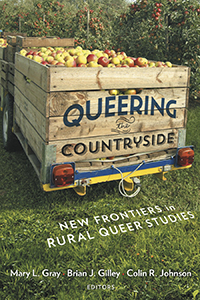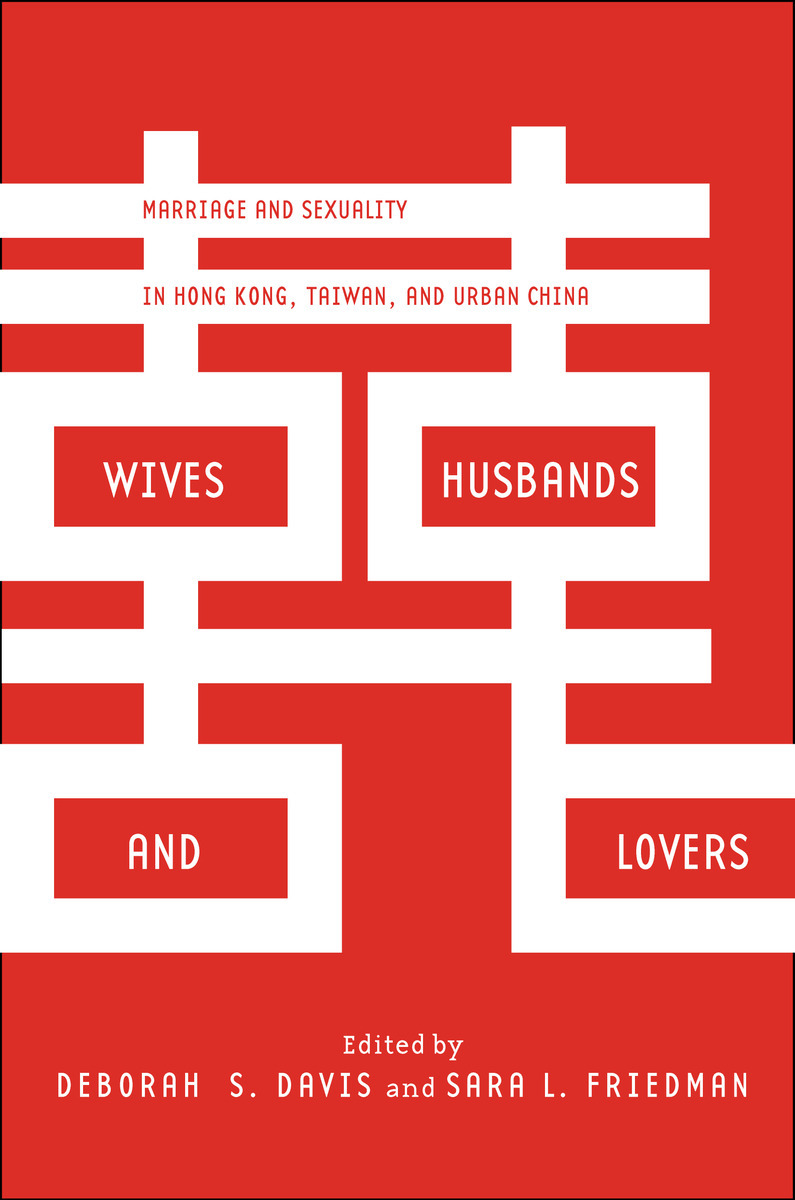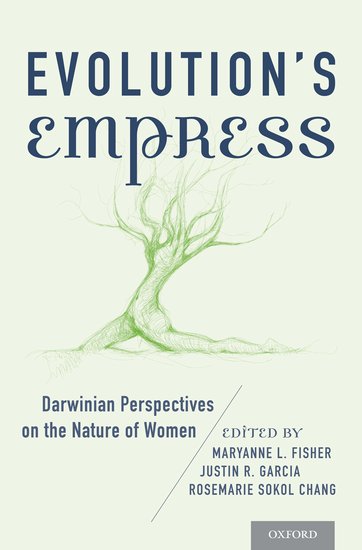- Ph.D., Rutgers University-New Brunswick, 2004

Amrita Chakrabarti Myers
Ruth N. Halls Associate Professor, Gender Studies
Ruth N. Halls Associate Professor, History

Ruth N. Halls Associate Professor, Gender Studies
Ruth N. Halls Associate Professor, History
I am a historian of the black female experience in the United States, and my research interests revolve around issues of race, gender, freedom, and power and the ways in which these constructs intersect with one another in the lives of black women in the Old South.
My first book, Forging Freedom: Black Women and the Pursuit of Liberty in Antebellum Charleston, (UNC Press, 2011) examines the lives of free black women, both legal and de facto, in Charleston, South Carolina, from 1790-1860. At its heart, the project analyzes the tactics that black female Charlestonians utilized to acquire, define and defend their own vision of freedom, methods which included the acquisition of wealth, networking with people in positions of power, and utilizing the state's judicial apparatus. Examining life, liberty, and ideas about civil rights from the perspective of those invested with the least formal power in the Old South, this study concludes that antebellum black women used all the resources at their disposal to enjoy a freedom of their own design as opposed to one that was shaped for them by white southerners. Drawing on family papers, legislative documents, probate records, parish registers, census data, tax lists and city directories, this project thus restores black women to their rightful place as social, economic, and political actors in the pre-war South.
My manuscript-in-progress, "Remembering Julia: An Antebellum Tale of Sex, Race, Power, and Place," examines the decades-long relationship of Julia Chinn, a woman of color, and US Vice President Richard Mentor Johnson, a white man. The couple openly lived together in rural Kentucky during the 1810s, 20s and 30s, despite public disapproval of interracial sex, and Julia and her daughters acquired a fair amount of social and financial power due to their connection to Richard. The limits of that power were clearly marked, however, and the privileges of white kinship declined for black women the further they moved from the source of their power, which radiated out from their homes and local communities. Black women also discovered that any attempt to acquire the social niceties and respect extended to white women would bring swift and often unpleasant retribution.

Mary L. Gray, Brian J. Gilley, Colin R. Johnson
2016

Sara Friedman
2014

Maryanne L. Fisher, Justin R. Garcia, Rosemarie Sokol Chang, Sarah Blaffer Hrdy
2013
![Privatizing Knowledge: Patent Ownership, Benefit Sharing, and Indigenous Knowledge in South Africa [Book Chapter]](../../images/publications/Foster Privatization vulnerability and social responsibility.jpg)
Laura Foster
Forthcoming

Brenda R. Weber, Sean Redmond
2021
![Feminism, Postcolonialism, and Technoscience [Book Chapter]](../../images/publications/Foster Handbook of science and technology studies.jpg)
Subramaniam, Banu, Laura Foster, Sandra Harding, Deboleena Roy, Kim TallBear
2017
![Gender, Sex, and Politics: In the Streets and Between the Sheets in the 21st Century [Book Chapter]](../../images/publications/Garcia_Gender, Sex, and Politics.jpg)
Shira Tarrant, Justin R. Garcia
2016
![Handbook of the Sociology of Sexualities [Book Chapter]](../../images/publications/Garcia_Handbook of the Sociology of Sexualities.jpg)
John D. DeLamater, Rebecca F. Plante, Justin R. Garcia
2015
![Unarchived Histories: The ‘Mad’ and the ‘Trifling’ in the Colonial and Postcolonial World [Book Chapter]](../../images/publications/Johnson_Unarchived Histories.jpg)
Gyanendra Pandey, Colin R. Johnson
2014
![Understanding and Teaching U.S. Lesbian, Gay, Bisexual, and Transgender History [Book Chapter]](../../images/publications/Johnson_Understanding and Teaching.jpg)
Leila J. Rupp, Susan K. Freeman, Colin R. Johnson
2014
![Subalternity and Difference: Investigations from the North and the South [Book Chapter]](../../images/publications/Johnson_Subalternity and Difference.jpg)
Gyanendra Pandey, Colin R. Johnson
2012
![Subaltern Citizens and their Histories: Investigations from India and the USA [Book Chapter]](../../images/publications/Johnson_Subaltern Citizens and their Histories.jpg)
Gyanendra Pandey, Colin R. Johnson
2010
![South Carolina Women: Their Lives and Times (Book 1) [Book Chapter]](../../images/publications/Myers_South Carolina Women.jpg)
Marjorie J. Spruill, Valinda W. Littlefield, Joan Marie Johnson, Amrita Chakrabarti Myers
2009
![Lesbian, Gay, Bisexual, and Transgender Aging: Research and Clinical Perspectives [Book Chapter]](../../images/publications/book-cover-placeholder.jpg)
Douglas Kimmel, Tara Rose, Steven David,
2006
Myers, Amrita Chakrabarti. Forging Freedom: Black Women and the Pursuit of Liberty in Antebellum Charleston. The University of North Carolina Press, August 2014.
"The Bettingall-Tunno Family and the Free Black Women of Antebellum Charleston: A Freedom both Contingent and Constrained," in Marjorie Julian Spruill et al., eds., South Carolina Women: Their Lives and Times, Volume One (Athens: University of Georgia, 2009): 143-167.
Myers, Amrita Chakrabarti. “Black Women, Religious Rhetoric, and The Legacy of Abraham Lincoln.” The Journal of African American History, vol. 94, no. 4, 2009, pp. 561–570. www.jstor.org/stable/25653979.